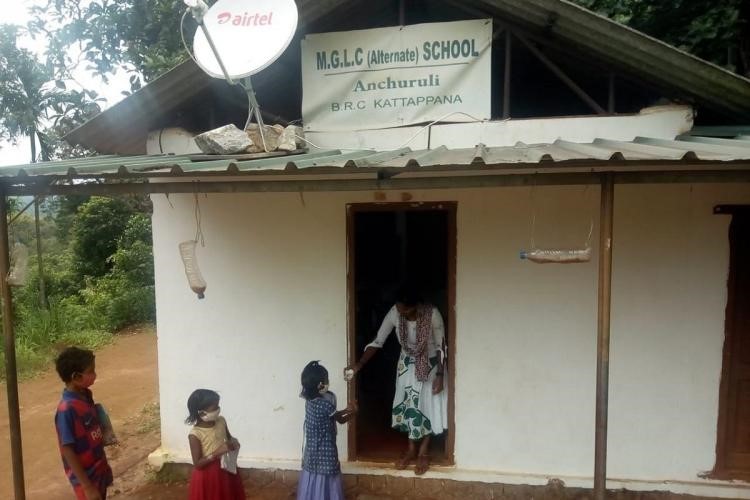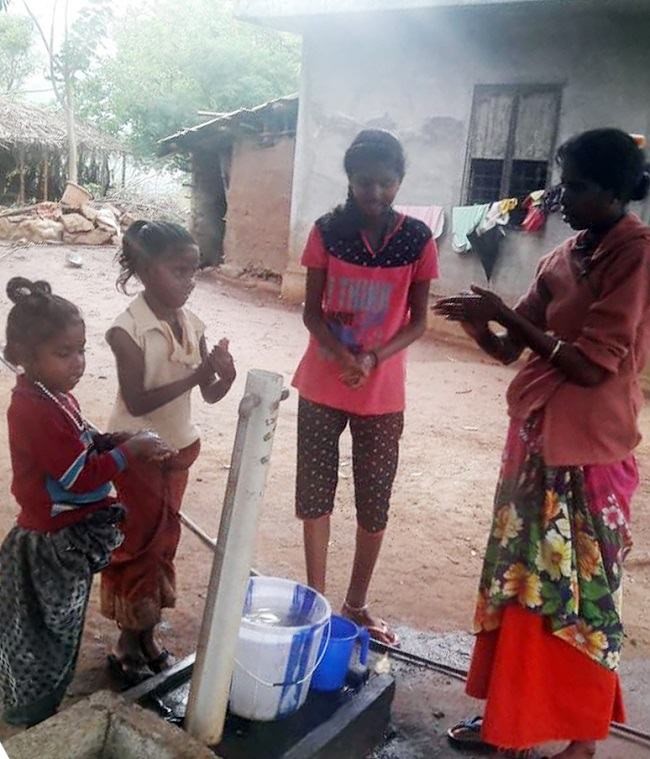How tribal communities in Kerala are helping to stop the spread of COVID-19
- In many tribal colonies, branches of the thorny Indian coral tree have been fixed on the doors of most houses to prevent the entry of strangers.
- Tribal communities in Kerala have been practising physical distancing as a way to curb the local spread of COVID-19.
- The people have been following the government’s directions to prevent the virus infection among the community. According to the forest and tribal welfare officials, the community is well aware about COVID-19 precautions. The people are following practices like frequent hand washing and wearing masks correctly, said officials.
- In many tribal colonies, branches of the Indian coral tree (Mullumurukku) have been fixed on the doors of most houses to prevent the entry of strangers.The thorns in the branches are meant to discourage people from entering unnecessarily.
- Shelvi, a resident of Marayoor Indira Colony in Idukki, said, “The Health Department officials informed us about the virus infection. As per the direction from the Health Department, we wash our hands when we return home after work. In addition to this, we follow physical distancing.”
- Wayanad district Scheduled Tribes Development Department officer, C Ismail, said, “The department has already provided masks and soap to the tribal families in the district. The soap and masks were provided with their ration food items. The health workers and tribal development officials have provided information to the community about the virus and the people are aware about the seriousness of the infection. They are practising hand wash and physical distancing to prevent the spread of the virus.”
Tribal people in Kerala practising hand washing
- “In addition, the department will provide assistance to make more masks for the tribal community. The Tribal Development Department will select trained persons from their community to stitch the masks and the department will manage the costs,” he added.
- Samagrashiksha Kerala (SSK) Idukki district programme officer, Dhanya T Vasu, told TNM, “The Deputy Director of Education (DDE) office provided sanitisers to each Multi Grade Learning Centre (MGLC) to sanitise the hands of the tribal children before they attend the online classes in the MGLCs. The tribal people and kids wear masks before reaching the centres. Soap is available in all shops in the tribal hamlets.”
- Idukki Tribal Development officer, Santhoshkumar, S told TNM, “The Tribal Development Department provided two free soaps each to the tribal people to assure hand washing. After COVID-19 began to spread, the tribal people decided to move from their homes only for urgent needs.” The remote tribal settlement of Edamalakudy inside the Munnar forest division announced a lockdown from July 1 to prevent the spread of the virus.
- Vyas, a resident and a volunteer of an MGLC at Edamalakudy, said, “The tribal people decided to follow the lockdown, and outsiders were not allowed to the village. Those who wished to travel for emergencies to Munnar, Mankulam or any other town, were required to stay in their homes under quarantine for the next 14 days.”
- “We provided awareness about the infection and the people have followed the directions,” he said.


